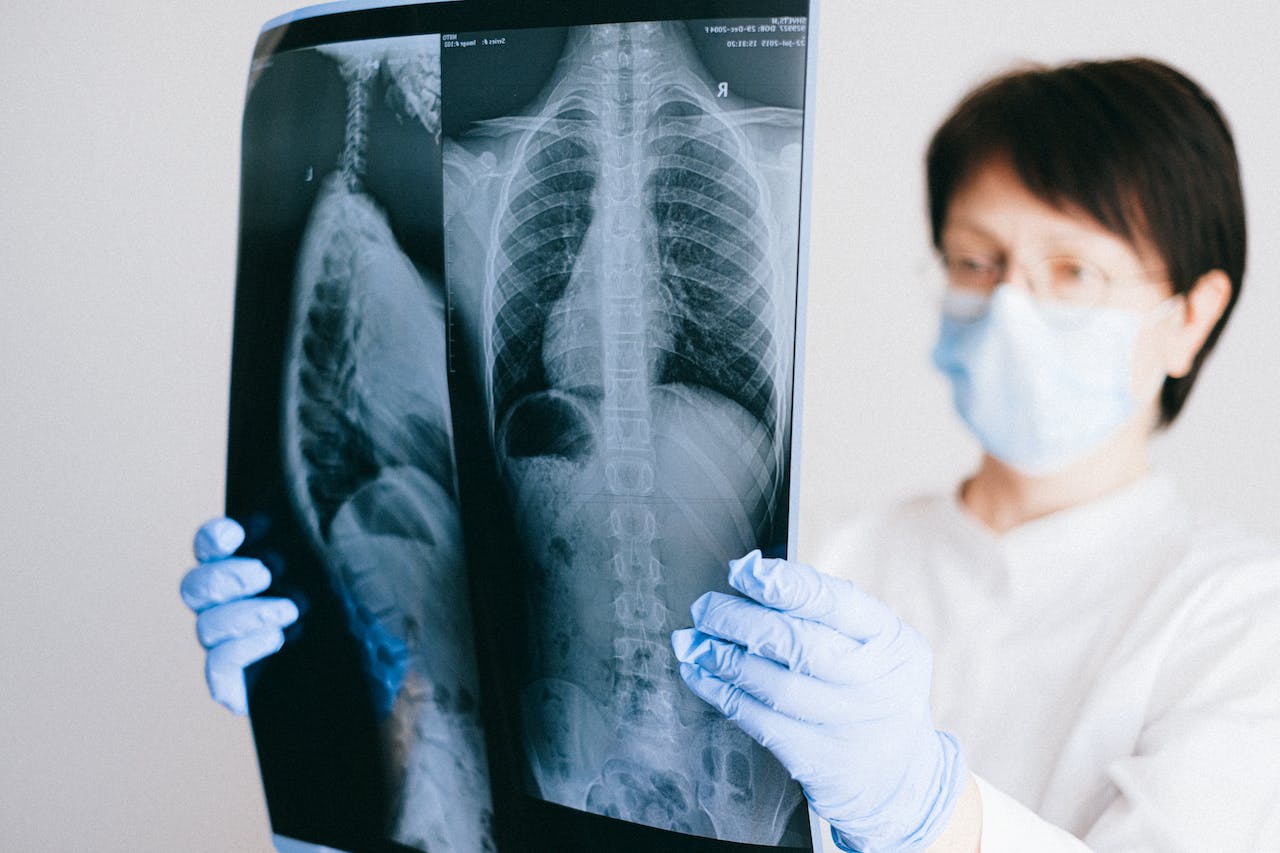The NHS prescription charge is a fee that patients in England pay for their prescribed medications. The charge per prescription is set by the government and is subject to change every April. However, the government is now proposing changes to the prescription charge system to make it fairer and more affordable for patients. One of the proposed changes is the introduction of prepayment certificates, which allow patients to pay a flat-rate amount for an unlimited number of prescriptions within a certain period of time. This will provide real savings for those who require extensive medication or have long-term conditions.
Additionally, the government is considering expanding the list of exemptions from prescription charges, such as for certain medical conditions or age groups, in order to ease the financial burden on patients. Overall, the aim of the new draft is to ensure that patients can access the medications they need without facing excessive costs, while still maintaining the necessary funding for the provision of healthcare services.
Who is Affected by the NHS Prescription Charge?
The NHS prescription charge affects many people across the UK. The aim of this charge is to help cover the costs of providing medications and other healthcare items. The amount charged for each prescription is currently set at a flat-rate amount.
It is important for everyone to be aware of their eligibility for benefits and exemptions from prescription charges. By understanding the options available to them, individuals can make informed decisions about their health and finances.
How Does the NHS Prescription Charge Work?
Unless you are exempt, for every prescription given to you by a doctor you will have to pay a charge when you collect the medication from a pharmacist. This charge is a flat rate per medication, and this charge does not change based on how expensive, or inexpensive a medication may be. Currently, the NHS prescription charge is £9.65 per item prescribed (rising from £9.35 in April 2023), but this is subject to change in April every year.
Some people are exempt from paying prescription charges, and this is discussed later in this article.

Prescription Prepayment Certificates (PPCs)
Prescription Prepayment Certificates (PPCs) are a cost-effective way for patients to manage their prescription charges. Rather than paying for each individual prescription separately, a PPC allows you to make significant savings by paying a flat-rate amount for a specific period of time. You can choose to pay for your PPC in monthly installments, making it even more convenient for your budget.
If someone becomes eligible for free NHS prescriptions while their PPC is still valid, they may be entitled to a refund for the remaining period of the certificate. This means that even if your circumstances change and you no longer have to pay for prescriptions, you could still save money by having a PPC.
Applying for a PPC is a simple process that can be done online or by completing a form at your local pharmacy. It’s important to apply in advance, as the certificate cannot be backdated. Once you have your PPC, you can start using it immediately by showing it to your pharmacist every time you collect a prescription. If your PPC expires, make sure to apply for a new one at least 28 days before to avoid paying the prescription charge. Additionally, if you happen to pay for a prescription while waiting for your new PPC, you can claim a refund by keeping your receipts and completing a refund form.
PPCs can be a great way to manage the cost of prescriptions, especially for those who require extensive medication or have a long-term condition. To find out more about PPCs and if you are eligible, visit the NHS website or speak to your healthcare provider.
How Much Do PPCs Cost?
There are two types of PPCs available: the 3-month PPC and the 12-month PPC.
A 3-month PPC costs £31.25 and a 12-month PPC costs £111.60. If you need regular prescribed medication, a PPC can save you money, especially if you require multiple prescribed items.
For example, if you have to pay for four prescriptions in a 3-month period, it would cost you £9.65 for each item (£38.60). However, with a 3-month PPC, you would only pay £31.25 once, and then all your prescriptions during that time would be covered.
So, if you regularly need medication, consider getting a PPC to save money and ease the burden of prescription charges. It’s a great option to help you stay on top of your healthcare costs.

Who is Eligible for a PPC?
Firstly, if you regularly pay prescription charges, a PPC could be right for you. Instead of paying for each prescription individually, a PPC allows you to make significant savings by covering all your prescriptions during a certain period of time.
Additionally, if you receive prescribed hormone replacement therapy (HRT) medicines, you may also be eligible for a special type of PPC called the NHS HRT PPC. This is specifically for those who require HRT medicines.
To be eligible for either type of PPC, there are certain criteria you need to meet. For the NHS Prescription PPC, you must be liable to pay prescription charges and need regular medication. For the NHS HRT PPC, you must be receiving certain prescribed HRT medicines.
In summary, if you regularly pay prescription charges or require prescribed HRT medicines, you may be eligible for a PPC.
Prescription Charge Exemptions and Flat-Rate Amounts
Certain individuals are exempt from paying NHS prescription charges, saving them money on their medication. Eligibility for exemption depends on various factors, such as age, medical condition, and financial circumstances. Some common exemptions include:
- Children under the age of 16
- Individuals aged 60 and over
- Pregnant women
People with specific medical conditions, such as cancer, diabetes, or epilepsy, are also exempt. Additionally, those on certain benefits, such as Income Support or Jobseeker’s Allowance, are entitled to free prescriptions. It is important to check if you qualify for exemption to avoid unnecessary costs and ensure access to the medication you need.
For further information on if you may be exempt from prescription charges visit: Who can get free prescriptions – NHS (www.nhs.uk)

Dental Charges
When it comes to dental care, the NHS provides treatments and services at a cost. The charges for dental treatments can vary depending on the treatment you need. However, it’s important to note that not all dental services require a charge.
In England, the current costs of dental charges are as follows:
- Band 1: £23.80
- Band 2: £65.20
- Band 3: £282.80
Band 1 covers basic examinations, X-rays, and preventative advice. Band 2 includes treatments like fillings, root canals, and extractions. Band 3 covers more complex procedures like bridges, dentures, and crowns.
There are certain exemptions in place, such as for individuals under the age of 18, those under 19 and in full-time education, pregnant women, and new mothers who have given birth in the last 12 months. Additionally, individuals who receive certain benefits or have a valid NHS low-income scheme certificate may also be exempt from dental charges. It’s always a good idea to check with your dentist or the NHS to find out if you are eligible for free dental care.
Private Prescriptions
In some cases, you may be prescribed medication that is not available on the NHS or prefer a medication that is not covered by NHS regulations. This is where private prescriptions come into play. Unlike NHS prescriptions, private prescriptions require you to pay the full cost of the medication. The price of private prescriptions can vary depending on the medication and the pharmacy you visit. It’s important to note that private prescriptions are separate from the NHS prescription charge system and are not eligible for any exemptions or reduced rates.
The benefits of private prescriptions include access to a wider range of medications that may not be available through the NHS. This can be particularly useful if you have specific health needs or preferences. Private prescriptions also offer convenience, as they can be obtained from GP practices or private clinics, often with shorter waiting times.

FAQs on the NHS Prescription Charge
- What is the NHS prescription charge?
- It’s a set amount that people in England pay for each NHS prescription item they receive, unless they are exempt from the charge.
- How much is the NHS prescription charge per item?
- The charge varies and is often updated annually. As of April 2023, the charge is £9.65 per item, but this is subject to change.
- Are there any exceptions or exemptions to the charge?
- Yes, several groups are exempt from the charge, including children under 16, people aged 16-18 in full-time education, pregnant women, and individuals over 60, among others. Additionally, those with specific medical conditions or on certain benefits may also be exempt.
- What is the Prescription Prepayment Certificate (PPC)?
- The PPC allows people to pay a set fee for a 3-month or 12-month period and covers the cost of all NHS prescriptions they receive during that time. It’s cost-effective for those who require multiple prescriptions regularly.
- How can I apply for a PPC?
- You can apply for a PPC online through the NHS website, by post, or by phone.
- If I live in Scotland, Wales, or Northern Ireland, do I have to pay the prescription charge?
- No, prescription charges have been abolished in Scotland, Wales, and Northern Ireland. Only England has retained the charge as of 2022.
- How are the funds from the prescription charges used?
- The money collected from NHS prescription charges goes back into the NHS to fund services.
- Can I claim a refund if I paid but later found out I was exempt?
- Yes, if you’re entitled to free prescriptions and have paid the NHS prescription charge, you can claim a refund. You’ll need to have a valid refund form at the time of payment and ask the pharmacist for an official NHS receipt.
- Do all medications have the same charge?
- The NHS prescription charge is per item, so if your prescription includes multiple items, you’ll be charged for each one unless you have a PPC or are exempt. The type or cost of the medication doesn’t affect the charge.
- What happens if I can’t afford the prescription charge?
- There are support mechanisms in place, including the NHS Low Income Scheme, which can help those who can’t afford the charge. It’s important to talk to your GP or pharmacist if you’re struggling to afford your medication.


